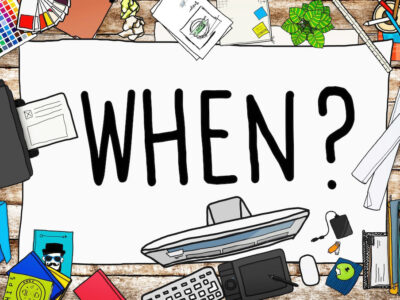The people who surround us have a huge impact on who we become. From our first steps to our biggest life moments, relationships are central to shaping our identities. Friends and family both play unique roles, but which has a stronger influence? This article digs into the influence of familial and social bonds on personal growth.
Family’s Foundational Impact
Early childhood development and parental influence
Research shows that early experiences are critical for shaping who we are. According to attachment theory, a child’s bond with their parents forms the basis for future relationships. Secure attachments lead to healthier relationships later in life, while insecure attachments can cause challenges.
The transmission of values, beliefs, and cultural norms within the family unit
Families pass down values and beliefs that guide behavior. For example:
- Parents often teach kids about honesty and kindness.
- Cultural traditions shape our views on family and community.
Sociological studies highlight how family beliefs significantly shape a person’s worldview.
Long-term effects of family dynamics on adult relationships
Family dynamics have lasting effects. Statistics reveal that individuals from families experiencing trauma often struggle in relationships. Understanding these patterns can illuminate personal behaviors and relationship choices as adults.

The Shaping Power of Friendship
Peer influence during adolescence and young adulthood
Friendships play a crucial role in shaping our identity, especially during adolescence. Studies indicate that peers can greatly influence social behaviors like:
- Risk-taking
- Decision-making
- Self-esteem
Strong friendships during these years foster growth and independence.
The role of friendship in identity formation and self-discovery
Friendships provide a safe space for self-exploration. Developmental psychology research shows that friends help in:
- Discovering personal interests
- Exploring different viewpoints
- Affirming one’s identity
These connections encourage authenticity and personal growth.
Navigating challenging life events with the support of friends
When life gets tough, friends are often our support systems. Anecdotes illustrate how friendships help during crises, such as:
- Supporting each other through breakups
- Facing job losses together
- Coping with family issues
These connections often provide emotional resilience and comfort.

Comparing the Impacts: A Multifaceted Analysis
Shared experiences versus inherent bonds
Family ties are typically stronger due to biological connections. Friends, however, share experiences that can create deep bonds. Both relationships offer unique support, yet the reliance may shift based on situations.
The evolution of relationships across the lifespan
As life progresses, the weight of family and friends can change. Young adults might lean more on friends for support, while older individuals may turn back to family during critical moments.
Individual differences in personality and social orientation
Not everyone reacts the same way in relationships. Personality traits and temperament affect how one values friendships or family. For instance, extroverted individuals might find validation in social circles, while introverts may rely on family bonds.

Navigating the Dynamic: Cultivating Healthy Relationships
Strategies for maintaining healthy family relationships
Family therapists suggest several strategies to keep family relationships strong:
- Open communication
- Setting boundaries
- Regular family activities
These steps can strengthen family ties and promote understanding.
Building and nurturing supportive friendships
To nurture friendships, consider:
- Reaching out regularly
- Being a good listener
- Celebrating milestones together
These actions can help cultivate meaningful connections.
Prioritizing mental well-being amidst relationship complexities
Mental health is key. Resources like therapy and support groups can aid in navigating complex family and friendship dynamics. Prioritizing well-being ensures healthier relationships overall.

Conclusion: A Holistic Perspective on Influence
In summary, both friends and family profoundly impact our lives. They shape our views, behaviors, and identities in different but interconnected ways. Recognizing and appreciating the roles of both relationships is vital for personal growth. Embracing diverse influences prepares us for life’s challenges and enriches our experiences. Make an effort to nurture family ties and friendships for a balanced support system in your journey through life.
Also Read: The Silent Influence of Grandmothers: Unveiling How They Shape Our Lives Unknowingly
Discover more from NoseyPepper
Subscribe to get the latest posts sent to your email.










Recent Comments